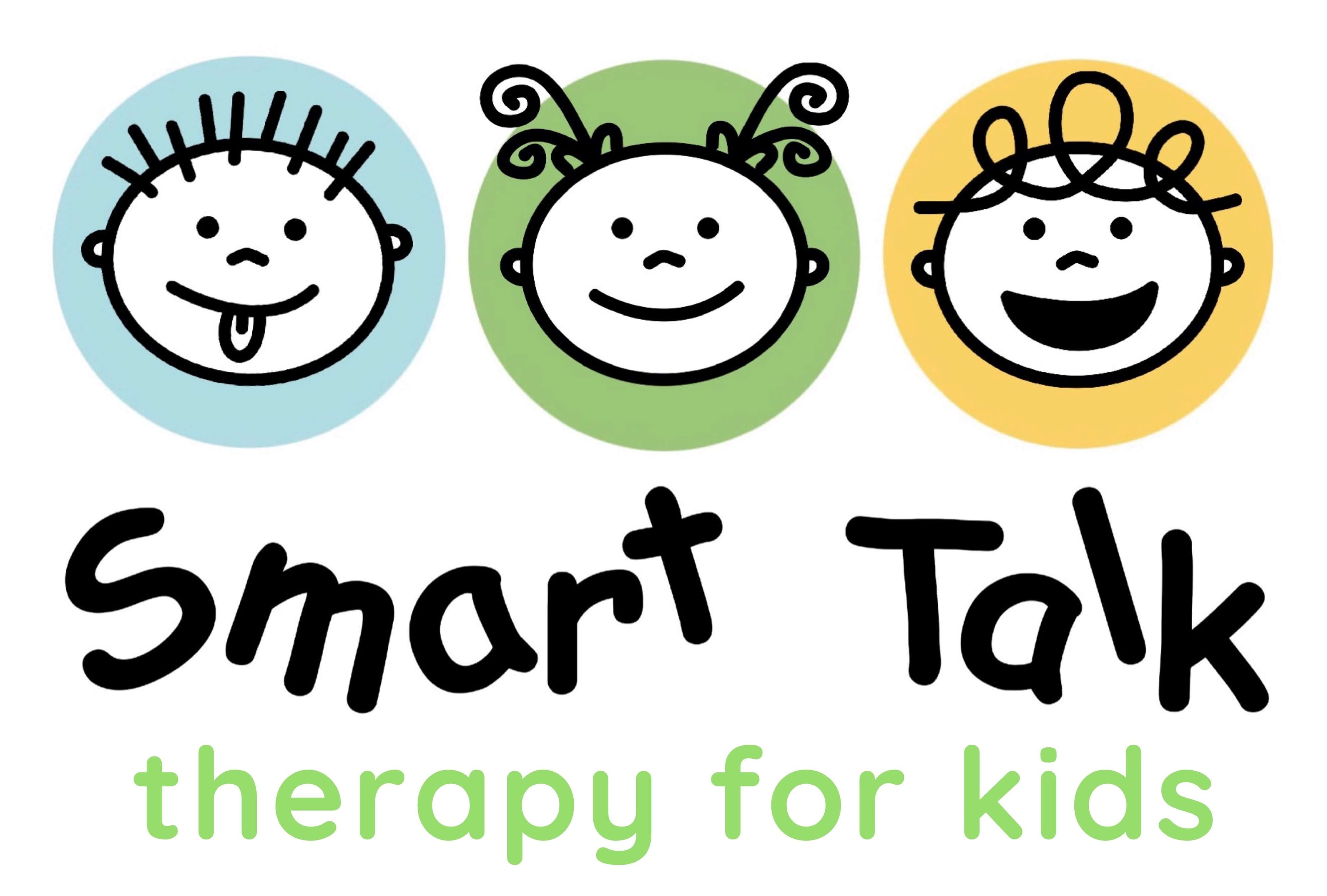Swallowing and Mealtime Management
Swallowing is a reflex that is essential to life. Swallowing skills develop from infancy, and involves a system of pumps and valves which moves food, drink and saliva from the mouth into the stomach.
When a person has difficulty swallowing, it is known as ‘dysphagia’. Dysphagia can occur at any stage in life, and is caused by a range of underlying conditions, such as congenital (Cerebral Palsy), genetic (Down Syndrome), acquired (Traumatic Brain Injury), or structural (cleft lip and/or palate) conditions. People with dysphagia may have difficulties sucking, drinking, eating and/or managing their saliva. They may be at risk of choking, poor nutrition and hydration, and it might mean that food, drinks or saliva go into the lungs instead of the stomach, causing lung infections (known as ‘aspiration pneumonia’).
Speech Pathologists work with people who experience:
- aversions to textures, certain foods or food colours;
- difficulty judging a safe amount of food or drink to put into their mouths;
- difficulty managing their saliva or taking medications;
- food and drink ‘going down the wrong way’.
Speech Pathologists can recommend changes to the textures of food or drinks, assist in the recommendation of mealtime aids (plates, cutlery), recommend strategies to improve swallow safety, or provide exercises to improve the swallowing technique. We work with other health professionals, including doctors, nurses, physiotherapists, occupational therapists, lactation consultants, dietitians and others to help people with swallowing problems.

